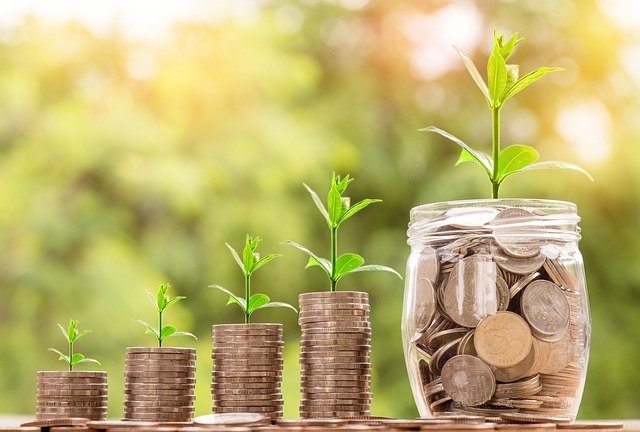By Metohuey Adoglo
In today’s world, as the impacts of climate change continue to escalate, there is an urgent need for companies and countries to take responsibility for their carbon emissions. This responsibility has given rise to an innovative solution – carbon credits. In this article, we’ll delve into what carbon credits are, why top associations and corporations invest millions in acquiring them, and their significant impact on the African economy.


Read More: Navigating Africa’s Aviation Landscape with Green-Tech & Sustainable Solutions
What Are Carbon Credits?
Carbon credits are like environmental currency. They represent a quantifiable reduction in greenhouse gas emissions, particularly carbon dioxide (CO2). Each credit typically corresponds to the reduction of one metric ton of CO2 or its equivalent in other greenhouse gases. These credits are generated when entities, such as companies or projects, undertake activities that reduce emissions beyond regulatory requirements. This concept forms the core of carbon pricing, a policy approach aimed at mitigating climate change.
Why Companies Invest in Carbon Credits : Top companies, often labeled as carbon-intensive industries due to their significant carbon emissions, are increasingly investing in carbon credits for several compelling reasons:
Compliance: In regions with carbon pricing mechanisms, such as cap-and-trade systems, companies must comply with emission limits. Acquiring carbon credits allows them to offset excess emissions and meet regulatory obligations.
Cost-Effective Emission Reduction: Acquiring carbon credits can be a cost-effective way for companies to reduce their carbon footprint. It often proves more economical than investing in extensive emission reduction technologies.
Corporate Social Responsibility (CSR): Companies are increasingly aware of the importance of environmental responsibility. By purchasing carbon credits, they can demonstrate their commitment to sustainability and showcase their green credentials to consumers and investors.
Market Access and Reputation: Markets and consumers are showing a growing preference for environmentally conscious practices. Acquiring carbon credits can help companies access these markets, enhance their reputation, and attract sustainability-minded consumers.
Navigating Africa’s Aviation Landscape with Green-Tech & Sustainable Solutions #aviation #afroaviation #Greentech #renewableenergy #climatechange pic.twitter.com/tyXwKXLKl9
— Africanian News (@africaniannews) September 5, 2023
Read More: Nurturing Africa’s Biodiversity Through Innovation & Eco Education
The African Perspective on Carbon Credits
While the global demand for carbon credits has surged, African nations are eager to harness their potential benefits. Currently, Africa produces only 11 percent of the world’s carbon offsets, despite being home to the planet’s second-largest rainforest and extensive carbon-absorbing ecosystems like mangroves and peatlands.
Kenyan President William Ruto has described Africa’s carbon sinks as an “unparalleled economic goldmine.” These natural assets can play a pivotal role in both mitigating climate change and driving economic growth across the continent.
Joseph Nganga, appointed to lead a climate summit in Nairobi, emphasized that carbon markets serve as a means to hold rich, polluting nations accountable for their emissions. It’s not an excuse for emissions, but rather a tool for transparency and responsibility.
African countries are moving to regulate the carbon credit sector to ensure transparency and equitable distribution of revenue. Zimbabwe’s announcement to appropriate half of the revenue from carbon credits on its land sent ripples through markets. Kenya is also finalizing its legislation, aiming to strike a balance between attracting investors and safeguarding the interests of communities and the environment.
Read More: The Resilient Heart of Africa’s Tech Ecosystem Amidst Military Coups
Carbon credits represent a powerful instrument in the global fight against climate change. Top associations and corporations are investing heavily in them to reduce emissions, fulfill regulatory requirements, and bolster their sustainability efforts. In Africa, these credits hold immense promise, not only for climate action but also as a source of economic growth and sustainable development. As we continue to address the climate crisis, carbon credits offer a pathway towards a more sustainable and responsible future.
Our Story So Far. Your Dreams Matter, Your Stories Matter #DreamsTalks #AfricantechSpace pic.twitter.com/seZElwurGq
— Africanian News (@africaniannews) July 3, 2023










